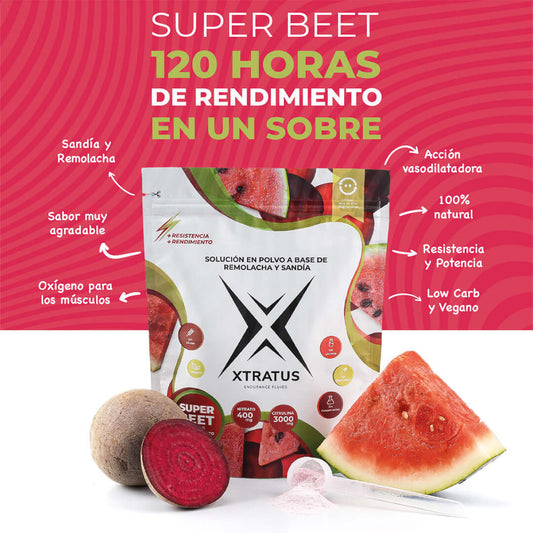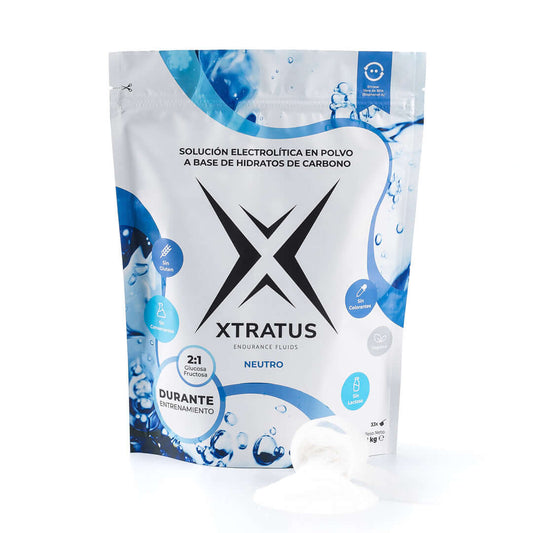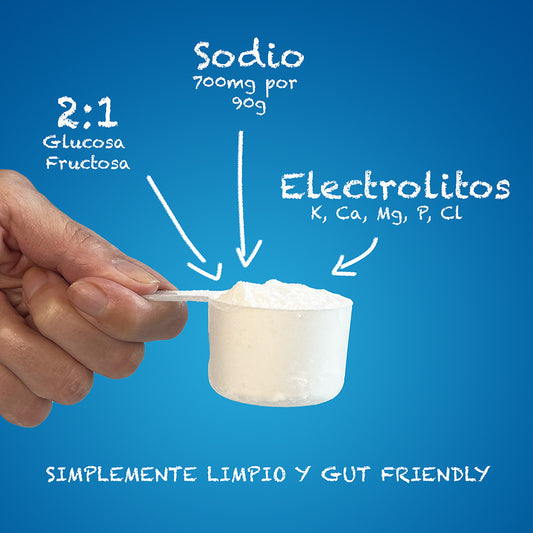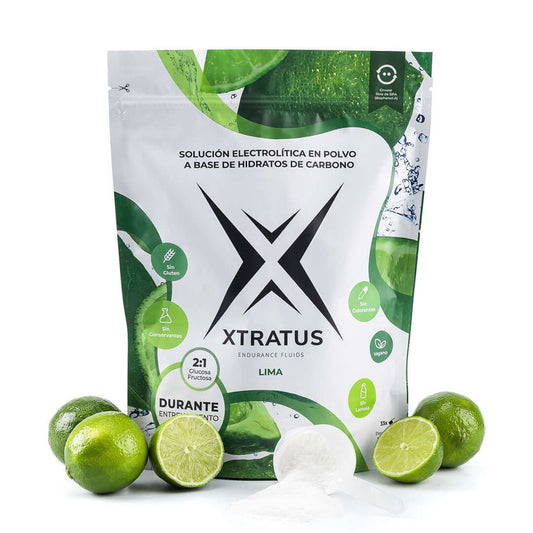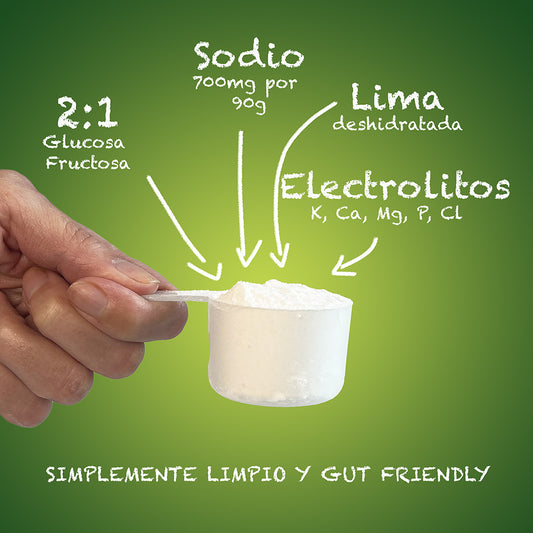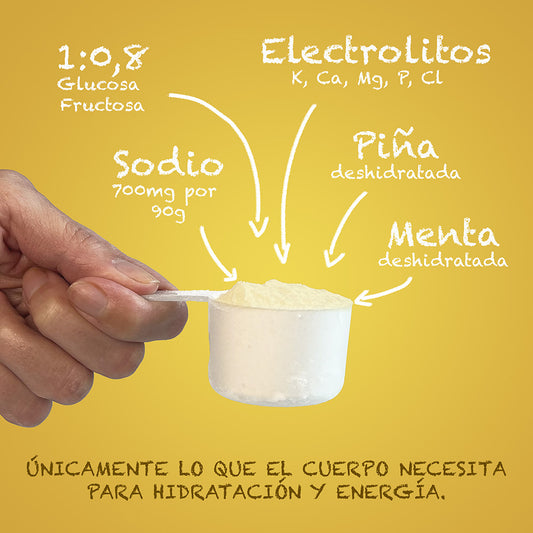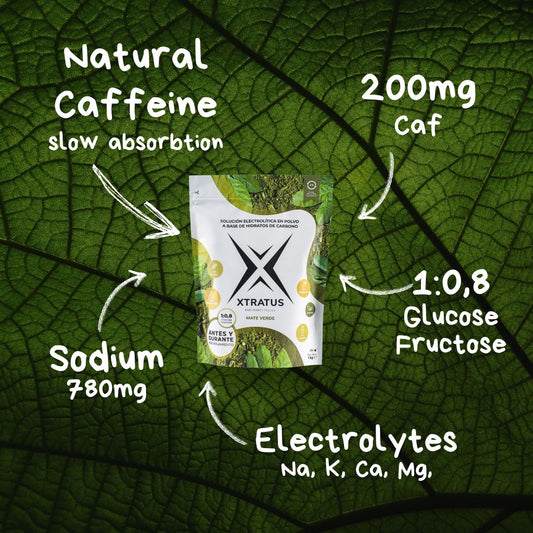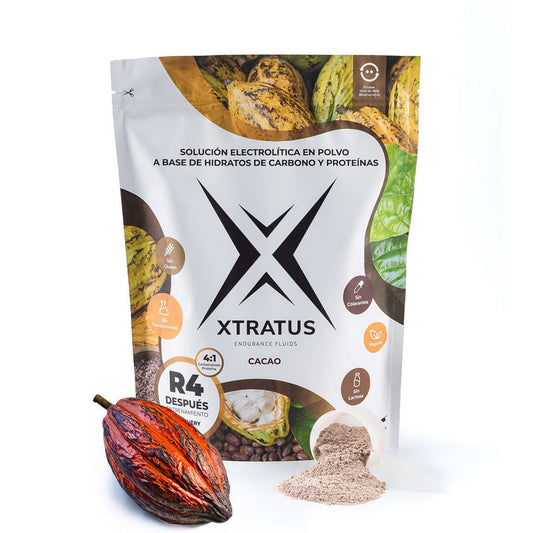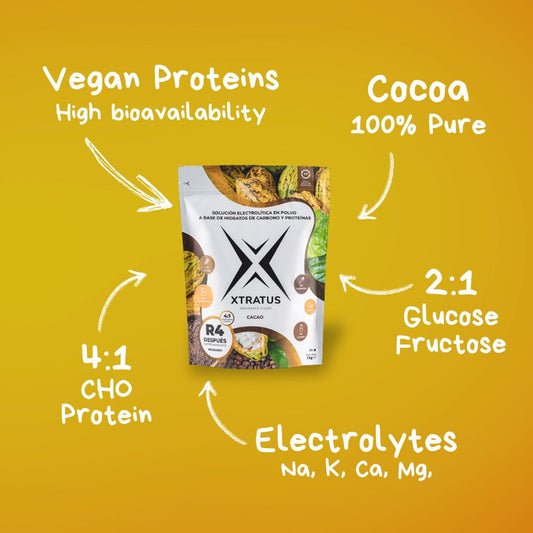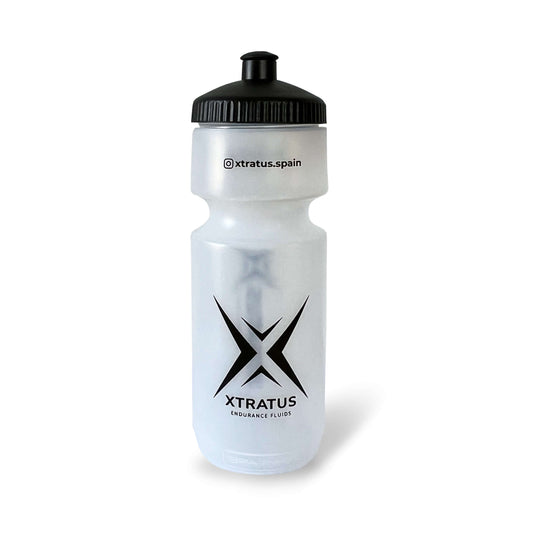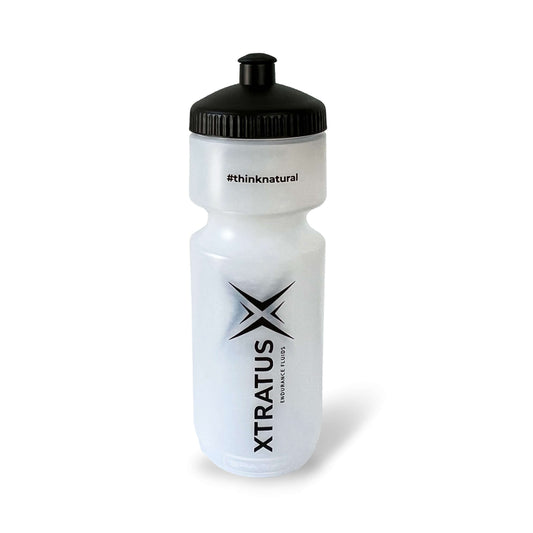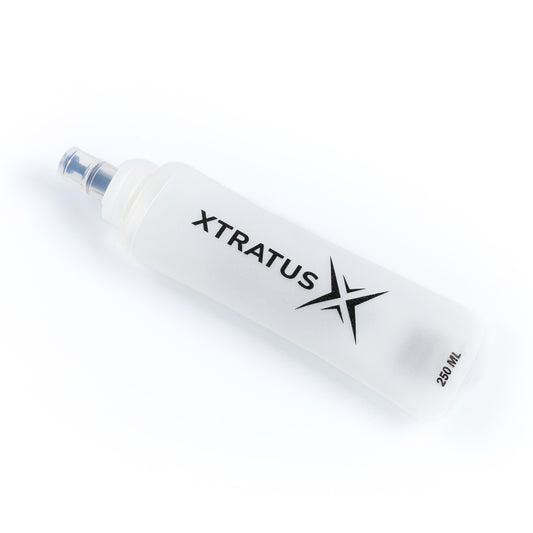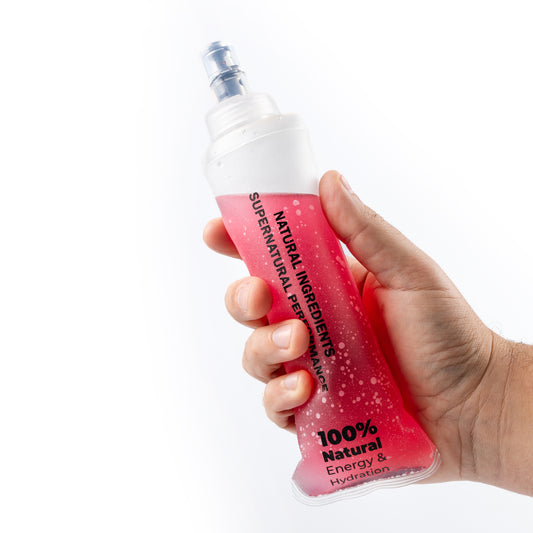
Macro and micronutrients: how to balance nutrition in resistance sports.
It's no surprise that nutrition, weight loss, and muscle gain are key factors in achieving various athletic goals. However, when it comes to endurance sports, nutrition requires special attention.
If you're an endurance athlete, here's a quick and easy guide to planning your daily diet, focusing on essential nutrients for optimal results.
Do you know what macro and micronutrients are?
There are three of them macronutrients: carbohydrates, proteins and lipids, which are fats.
Already the micronutrients are the vitamins and minerals, crucial for a diet suited to the needs of athletes.
Among the macronutrients, carbohydrates They deserve special attention in the world of endurance training. This is because they are the main source of energy and maximize glycogen stores. Therefore, an athlete's diet should be rich in carbohydrates before, during, and after training, strategically so as not to overload the intestine.
The consumption of proteins It can vary depending on the sport and the athlete's specific characteristics. However, it is recommended to consume this macronutrient up to two hours after training for muscle recovery.
You need to be very careful when choosing the fats in your diet, but don't avoid them. Prioritize natural foods rich in unsaturated fats and reduce your consumption of foods with saturated fats, such as fried foods and processed products.
Micronutrients, for their part, play a vital role in maintaining health and performance.
It is essential to ensure a balanced intake of:
- Sodium: regulation of fluid balance and carbon hydrate transport. calcium: bone function, muscle contraction and nerve function.
- Potassium: cramp prevention, heart rate regulation.
- Magnesium: energy production, protein synthesis, reduction of stress and muscle fatigue.
Iron, chloride, B vitamins, and vitamins A, E, and C are also important.
It is worth noting that calcium, necessary for muscle contraction, and iron are essential allies for female bone health.
Let's get to the point👇
Pre-training and competition nutrition strategies
So, what nutrients should I prioritize before training and competition?
First of all, know how to choose your pre-workout can determine how you'll feel during the competition. Therefore, choose light, easily digestible foods.
The main recommendation is to prepare for exercise. Choose good sources of carbohydrates that you feel good about consuming to ensure energy for your workout.
Always avoid eating poor quality fats, such as fried foods. It is also valuable to combination of nitrate with citrullineThese have a vasodilatory effect that provides your body with a greater supply of oxygen and nutrients to muscle tissue.
Nitrate is converted into nitric oxide in the body.This, along with citrulline, acts on vasodilation and oxygen regulation in the working muscle, cellular respiration, and mitochondrial biogenesis, influencing fatigue and even cardiorespiratory performance, essential for endurance athletes.
Nutrition During Training or Competition
The nutrition stage during training It's what guarantees your performance during exercise. Therefore, your focus should be primarily on carbohydrates and hydration. This macronutrient will provide the right energy replenishment to go even further.
In long-duration competitions, you should consume between 30 and 90 g of carbohydrates per hour of exercise, as this nutrition is capable of reducing fatigue and maintaining glycogen stores. Since it is a replenishment during activity, it is common to find it in liquid form. You can use a carbohydrate calculator to know the ideal amount for you!
During hydration, micronutrients are most important. Therefore, to avoid the effects of hyponatremia, caused by excessive sodium loss, replenish this nutrient with a balanced amount of water.
Nutrition for post-workout or competition recovery
Now is the time to rest and recover, but not to neglect yourself! Adopt a proper nutrition after a long workout will be crucial to your future performance.
At this stage, pay attention to nutrients that promote muscle recovery and replenish what your body lost during exercise.
Proteins are responsible for preventing catabolism and promoting the repair of overworked muscles. Replenish your protein intake no more than two hours after training and can be based on dairy products or complete proteins, such as pea and rice proteins, which stimulate protein synthesis equally effectively.
In the initial recovery phase, consume essential amino acids and electrolytes to rehydrate and replace minerals lost in sweat.
Efficient supplementation for endurance athletes
With so many important nutrients, how do you include them all in your diet and provide what your body needs for peak performance?
This is where the importance of quality supplementation for endurance athletes comes in.
In the Before, During, and After lines of Xtratus, you'll find the combination of all the nutrients necessary for each phase of your training, without having to worry about buying multiple products or developing different strategies to get everything your body needs.
Always choose Clean Label products, which are committed to being 100% natural, to avoid overloading your body with the constant use of preservatives, flavorings, GMOs, and colorings.
Treat your body with the respect and care it deserves for taking you this far, and the results will come!
NATURAL INGREDIENTS. SUPERNATURAL PERFORMANCE.


